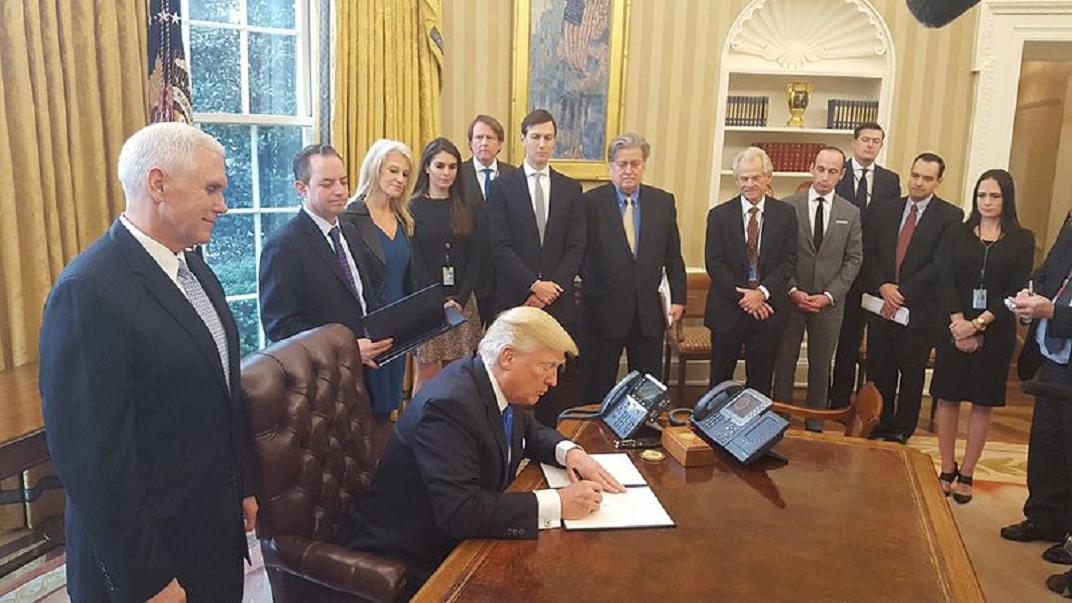Leading up to the 2015 federal elections, there were various concerns expressed about how Canadian security intelligence oversight would be upheld against expanded investigative powers under Bill C-51. Six months later, has any progress been made?
Canadian Security Intelligence Service: Continued lack of capacity, but first steps taken towards a parliamentary review committee
After the release of the 2016-2017 budget, serious questions were raised about the Liberals’ promises to ensure security intelligence oversight. Under the former Conservative government, the Security Intelligence Review Committee (SIRC) budget was supposed to double to about $5.3 million annually over the next five years, largely in response to concerns about expanded C-51 surveillance powers. Instead, with the Liberal budget, SIRC is expected to lose $2.5 million in funding annually starting next spring. This would effectively cut SIRC’s operating budget and keep it static compared to budgets in previous years. According to SIRC’s priorities and planning report, the decrease would reduce the number of analysts and lawyers handling complaints against CSIS as well.
As for the promise to create a new “all-party, security-cleared” committee of parliamentarians to review all Canadian security agencies, Public Safety Minister Ralph Goodale has announced that legislation will be tabled shortly. In January, Ottawa Liberal MP David McGuinty was appointed to chair this committee. The same month, he and Minister Goodale travelled to London to learn about the British intelligence and security committee of Parliament. Minister Goodale has since provided the update that he hopes to introduce legislation establishing a similar committee in Canada before the House recesses for the summer.
At the same time, former NDP-leader Thomas Mulcair has expressed concern about the lack of consultation of other party leaders in the creation of this committee. Although a Liberal committee chairman has been selected, and three other Liberal MPs “have been tapped to serve,” neither the NDP nor the Conservatives have been formally invited to participate. Continued lack of inter-party involvement could prompt questions about the transparency of this committee.
Communications Security Establishment: Continued lack of capacity and interagency cooperation
According to the Office of the Communications Security Establishment Commissioner’s priorities and planning report, the oversight agency is not receiving any increases in funding over the next three years. Specifically, planned spending and staff support remain static to 2015-2016 figures. Moreover, as of April 2016, CSEC still has no mandate to conduct joint investigations with SIRC. This operational obstacle is especially relevant because of reported increases in CSE and CSIS cooperation under new “threat reduction powers” granted through Bill C-51. Particularly, CSIS can now address threats to national security without warrants, and the CSE can similarly act as “virtuous hacker” in the name of assisting CSIS.
Canadian Border Services Association: Continued lack of oversight
As for the CBSA, a thirteenth death in their custody since 2000 occurred in March 2016, renewing calls by human rights organizations for greater accountability within the organization. Currently, no steps have been taken to create an oversight body both to investigate the actions of the agency and deaths in custody under the agency. In fact, only one of 19 recommendations made by a coroner’s jury after the in-custody death of a to-be-deported Mexican woman has been implemented. The recommendation related to mental health and suicide prevention training for staff.
In response to the March death under CBSA detention, Minister Ralph Goodale issued the statement that, “The government is examining how best to provide the Canada Border Services Agency with appropriate review mechanisms.” However, no other updates were given as to specific aspects of these mechanisms. In the same month, the Canadian Council for Refugees (CCR) released a proposed model for independent CBSA oversight, providing the minister with some guidance in this area.
***
In the first six months of the Liberal majority government, little progress has been made to improve resource capacity and interagency cooperation relating to security intelligence oversight in Canada. While it is true that throwing more money at the problem will not necessarily bring about a solution, both SIRC and the CSE Commissioner would benefit from additional support, as they continue to be dwarfed by the agencies they respectively oversee in terms of staff, budget, and interagency cooperation.
At the same time, work on an inaugural parliamentary review committee looks promising. Careful research and consultation with successful foreign committees of a similar nature is a definitely a step in the right direction. However, the Liberal government would do well to include members of other parties in the consultative process, in order to assemble the most effective and accountable group for this important task.
Last, action is sorely needed to address the continued lack of oversight of the CBSA. While a parliamentary review committee will eventually undertake the mandate to review actions of all departments handling security intelligence in Canada; including the CBSA, an independent review mechanism for the organization would also be largely beneficial. The CCR model may be a good place to start.
Clearly, there is still work to be done to ensure adequate security intelligence oversight in Canada. This topic is well-worth following, as more interesting developments are likely to come over the next couple of months.
Image: Anonymous (Description: We do not forgive) by Nflfantasytest via Wikimedia Commons. Licensed under CC BY-SA 4.0.
Disclaimer: Any views or opinions expressed in articles are solely those of the authors and do not necessarily represent the views of the NATO Association of Canada.




